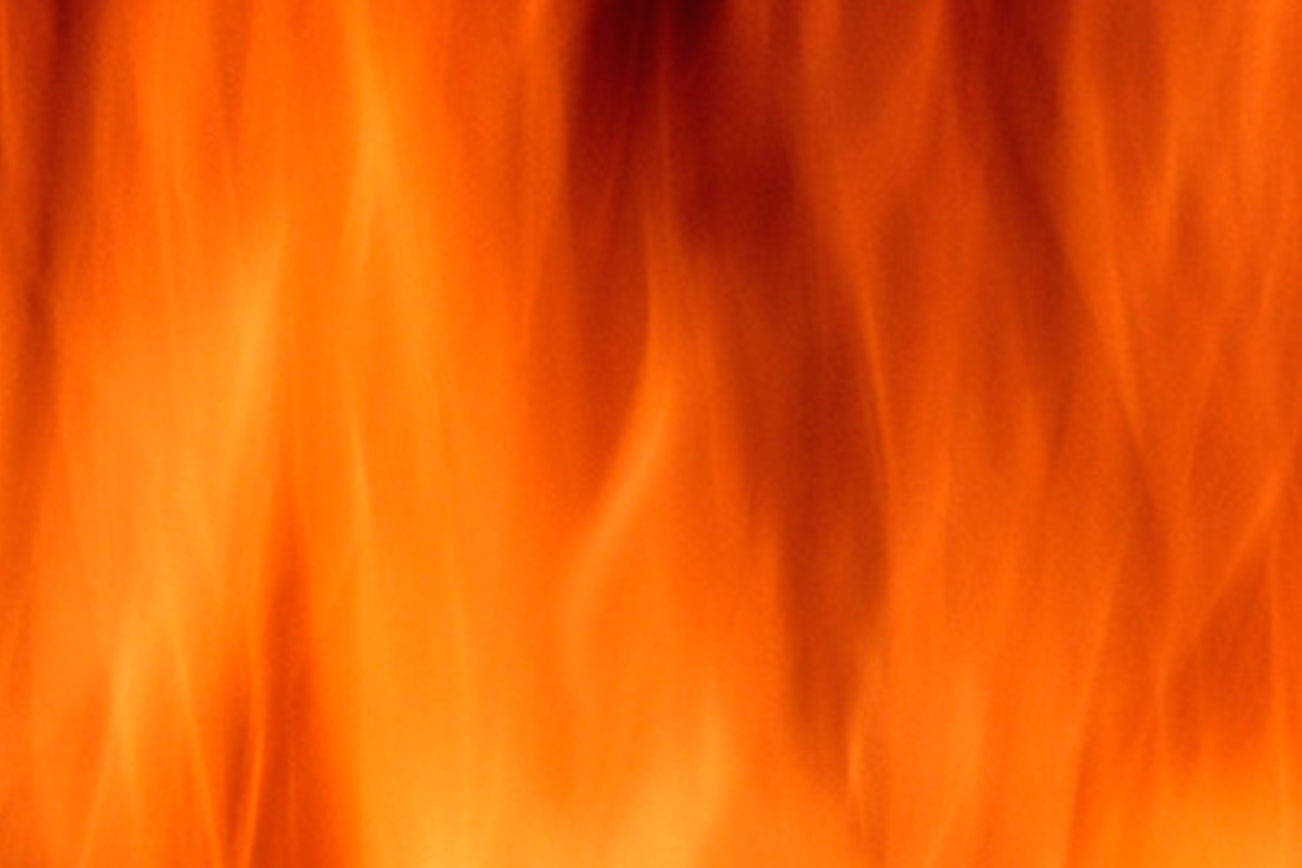Wildfires from British Columbia have resulted in poor air quality in the Puget Sound region, as anyone who takes a look out the window can attest.
Puget Sound Clean Air Agency expects the wildfire smoke to remain in the region through at least Friday, and they have declared the air quality unhealthy for sensitive groups.
Dr. Jeff Duchin, Health Officer for Public Health – Seattle & King County, shared tips about wildfire smoke and health on the Public Health Insider blog.
What are the kinds of health problems caused by wildfire smoke?
JD: Wildfire smoke contains small particles and other chemicals that irritate the eyes, nose, throat and lungs. It can cause your eyes to burn and your nose run, and lead to wheezing, coughing, shortness of breath and headaches. It can also aggravate existing lung, heart, and circulatory conditions, including asthma and angina.
Who are in the groups that are more sensitive to wildfire smoke?
Breathing wildfire smoke isn’t healthy for anyone, and even healthy people can have symptoms when smoke levels are high. But it causes more problems for:
Infants and children
People with lung diseases (e.g., asthma, COPD, bronchitis, emphysema)
People with respiratory infections (e.g., cold or flu)
People with heart or circulatory problems, or who’ve previously had a heart attack or stroke
Adults over age 65
Smokers
Diabetics
Pregnant women
If you are in one of these groups, you should stay inside and keep indoor air as clean as possible. If you have asthma or other lung disease, make sure to follow your doctor’s directions about taking your medicines and follow your asthma management plan. Call your health care provider if your symptoms worsen.
Contact your health care provider if you experience heart or lung problems, and call 911 if symptoms are serious. The American Lung Association has also set up a free Lung HelpLine if you have concerns about your lungs from the smoke. To talk to respiratory therapists and registered nurses, call 1-800-LUNGUSA (1-800-586-4872).
What can everyone do to protect themselves from the smoke?
When the air quality is at unhealthy levels, avoid doing exercise or physical exertion outdoors. It’s a good idea to check the air quality every day when smoke is present at one of the websites below.
As much as possible, stay indoors with the windows and doors closed. But with the current heat wave, it can be pretty uncomfortable if you don’t have air conditioning. If you are in one of the higher-risk groups, you could consider heading out of the area to a place that hasn’t been affected by wildfires, if that’s a possibility. You could also go to a place that has A/C, like a cooling center, indoor mall, a library, a community center or the movies. If you have to drive, keep the windows and vents closed—most cars can re-circulate the inside air which will keep particle levels lower.
Drink plenty of water. Keeping hydrated reduces the amount of smoke that can travel deep into your lungs, so it helps keep you healthy with both the wildfires and the heat.
What can you do to keep indoor air clean?
You can run an air conditioner if you have one, and set it to re-circulate. You should also close the fresh-air intake and change the filter regularly. Some room air cleaners can reduce indoor air pollution if they have the proper filter. Our colleagues at the EPA say the most effective air cleaners have a HEPA filter which removes the fine particulates from smoke. Put the air filtration units in the room where you spend most of your time.
Should people wear face masks outdoors?
Don’t rely on paper dust masks for protection. They are designed for large particles, like sawdust, and won’t protect your lungs from the small particles found in wildfire smoke. You can get some protection from respirator masks labeled N95 or N100 that filter out fine particles. But they don’t work for everyone because they don’t always create a good seal around an individual’s face. Anyone with lung disease, heart disease, or who is chronically ill should consult a health care provider before using a mask. Wearing a mask makes it more difficult to breathe, which may worsen existing medical conditions.
Where can I get more information?
AIRNow has information and links from the Northwest Clean Air Agency, Olympic Region Clean Air Agency, Puget Sound Clean Air Agency, State of Washington-Department of Ecology-Air Quality Program.
The Puget Sound Clean Air Agency has information about local air quality and more.
You can get updates on the wildfire situation on the Washington Smoke Information blog.


